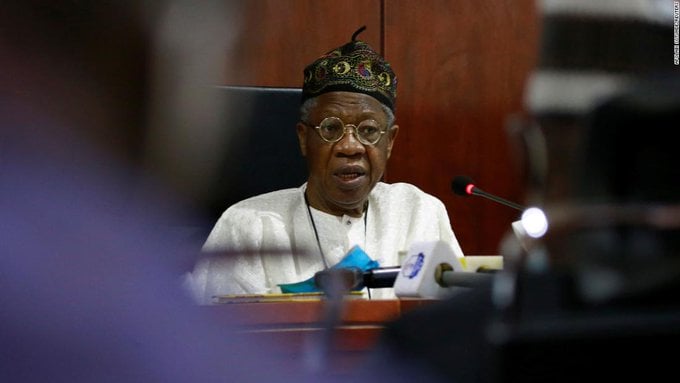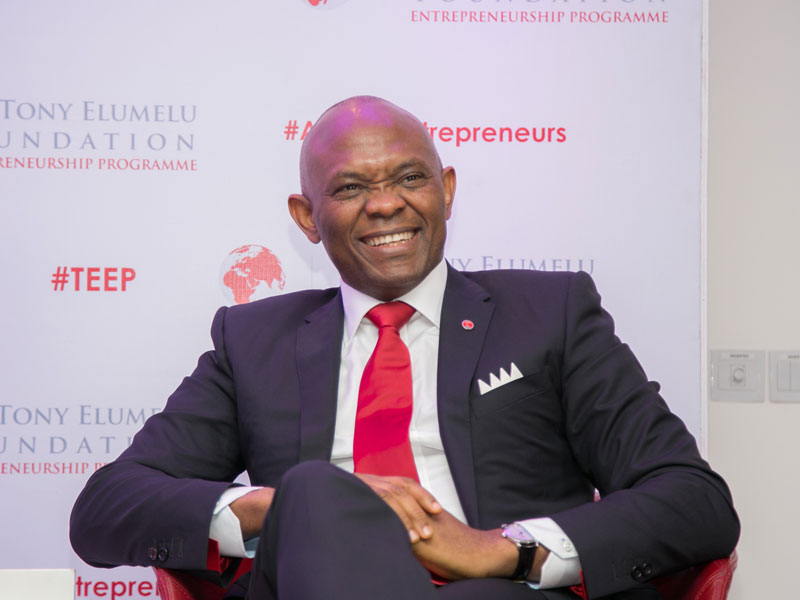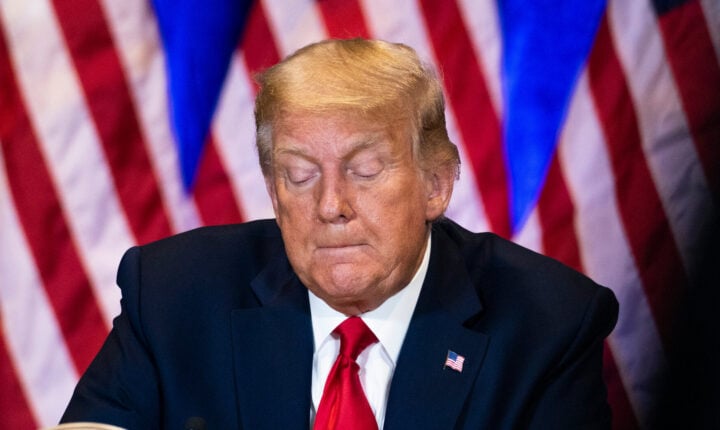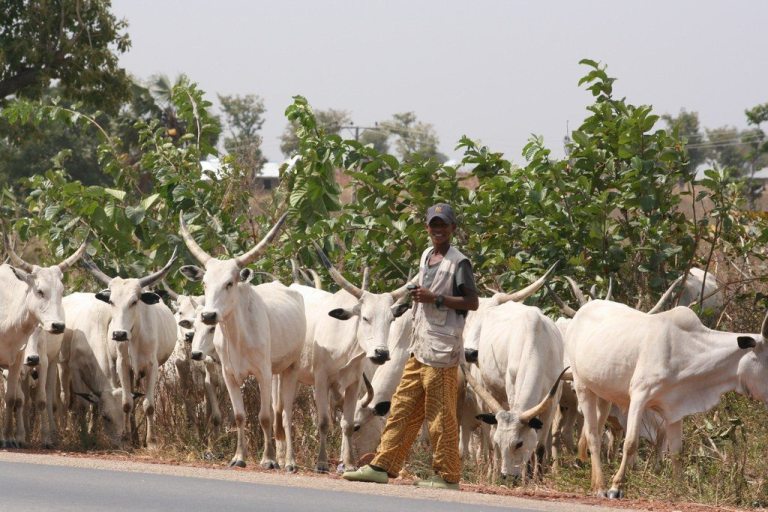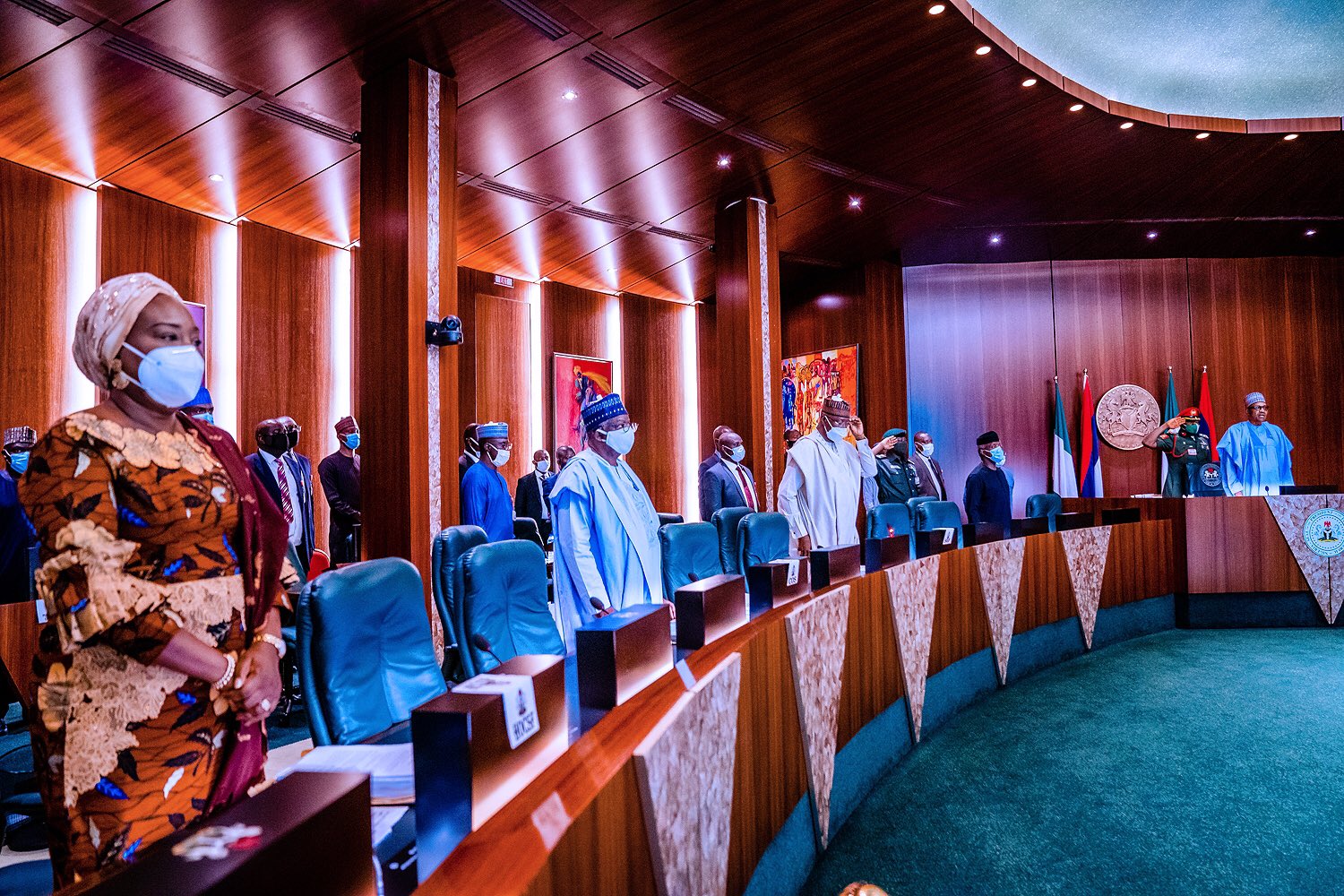While trying to take some dispassionate look at the broadcast industry last weekend, my mind kept returning to the village, to the hilarious but affectionate story of one old man whose wife was very sickly. At every opportunity the old man would inform humorously that the wife had been attended to by twelve native doctors; the woman had survived them all except one.
What shaved my attention over the weekend was the Digital Switchover (DSO) process which commenced in Nigeria since 2008 but is yet to register real progress with all the promises from government and claims of commitment by the National Broadcasting Commission (NBC) who is executing the project on behalf of government. So far, the DSO has survived three DGs and the fourth is yet to be confirmed by the government he works for. While we may not be praying to hit the figure 12 in straight pursuit of the story from my village, it may task our sincerity and strain credulity to contemplate the DSO as one story that is doing well at the moment.
In simple definition, the Digital Switchover, according to the ITU, is the process of moving from analogue to digital terrestrial television. The three stages of the process include: establishing the new digital services on temporary frequencies, if required, and operating both analogue and digital services for a period (simulcasting – this is called dual illumination in Nigeria) during which viewers have the opportunity to make changes to their receiving installations to receive the new digital signals; switching off the analogue services (ASO – Analogue Switch-off); and change the frequencies of the digital services to their final frequencies if required (the so-called re-stacking).
Following intensive negotiations during the Regional Radio Communications Conference in Geneva in 2006, the ITU Region-1 which include Europe, Africa, the Middle East, Central Asia and the Islamic Republic of Iran, all agreed that the transition period would begin on July 17, 2006 and end on June 17, 2015 for the UHF Band, with a five year extension for the VHF Band (174 -230MHz) July 17, 2020, in some countries.
In a layman’s understanding the Digital Switchover was propelled by the growth and advancement in telecommunications and broadcast technologies which uphold digital technology as holding overwhelming promise and advantages over analogue technology, the story of the bride becoming too anachronistic for modern day appreciation. Pictures and signals would become cleaner, more people can work in the relevant industries, and above all there would be what they called the Digital Dividends – you know the broadcasters were going to vacate some spectrum bands or you can also call them frequencies, that is, if you have no shibboleth challenge – and such spectrum/frequencies would be ceded to the telecom regulatory authorities for use in the mobile or broadband industries.
Advertisement
Globally spectrum/frequencies are taken to be such a scarce resource that they are measured out to countries by the ITU. In Nigeria such allocation is managed by the National Frequency Council (NFC), which is domiciled in the Ministry of Communications and Digital Economy. In the Digital Switchover, the NFC occupies a central position. The frequencies so mopped up would go through the Council to the Nigerian Communications Commission (NCC) for use in the telecommunications industry. The NCC is expected to pay out some compensation to the broadcasters vacating such frequencies.
Very simple. So simple. The problem is that in Nigeria even simple things don’t get done, thus, exposing us to ridicule before the international community as a very frivolous country, no matter what we claim about ourselves. Without belaboring a troubling obvious, you can see that Nigeria has missed the two windows of June 2015 and July 2020. I can tell you without charges that the future of the DSO is still up in the air except the country gets more serious and steer the process away from the labyrinth of failure in which this administration is so scandalously steeped.
Under the NBC, a Digiteam headed by a distinguished broadcast engineer, Eddie Amana, was set up to manage the transition process. Things got on pretty smoothly. Relevant bodies and organizations were brought on board. Integrated Television Service (ITS) which is a constellation of all NTA transmission capacity (remember Government hardly ever wants to remove its hand from business) and Pinnacle were licensed as signal carriers for broadcasters in Nigeria. They would be paid an amount for their services. Set top box manufacturers were also licensed and awarded contracts to provide the boxes. Understand that switching from analogue to digital would render some television sets useless. However the set top boxes were ingeniously created to convert such signals to digital and rescue the use of such TV sets that would have gone into extinction. Inview Nigeria was later added to provide the software for the exercise.
Advertisement
The DSO launch on April 30, 2016 had a lot of promise. Both government, represented by the Minister of Information and Culture, Alhaji Lai Mohammed, and the people were happy. The government would immediately begin to distribute 200, 000 free set top boxes to households, most of them occupied by very ordinary fellas, to watch at least 15 free channels. It was the beginning of good life for these people. And, for effect, I was told that Jos was chosen as take off point because of its long hold on the history of TV – hosting the Television School as well as the Nigerian Film Corporation.
But dear friends, euphoria has verisimilitude with mirage. It can easily and immediately evaporate. The joy of the DSO takeoff has nearly evaporated. Cumbersome government processes. Inability to raise funds or even secure approval for funds to be released. Accumulated bills owed the service providers – signal distributors as government was supposed to have paid for the dual illumination period, set top box manufacturers, and all others in the supply chain. The dual illumination period has eaten up its two year window and is still counting. This writer will not want to frighten anybody with financial figures but they are troubling.
However, a resolution seems to be in sight. This writer gathered over the weekend that, troubled by what seems to be a seething hold in the process, the current head of the NBC sought the intervention of relevant government agencies to help release it from a death bind. In a major development, one of them, the Bureau of Public Procurement has written to acknowledge the contracts awarded to the service providers and has taken necessary measures to accommodate them even while acknowledging their deficiencies. The Bureau too wants the DSO to register some expected progress and quench current unease.
For years some set top box manufacturers almost rued their involvement in the switch over process, lamenting that debt from government was crippling their investments as they were unable to meet their commitments to banks. I have been reliably informed that the document from the Bureau gives a lot of hope as the broadcast regulator, the NBC, is now in a strengthened position to begin to request for funds for such commitment.
While missed targets and lost opportunities are difficult to harvest, one would want to observe that another opportunity offers itself for the DSO process to be accelerated. Government should seize it with both hands. Or does government also want the DSO to be like most things associated with this administration, Dreams deferred for the people! At least, let there be one closure to a very vital process.
Advertisement
Aihe writes from Abuja
Views expressed by contributors are strictly personal and not of TheCable.
Add a comment

